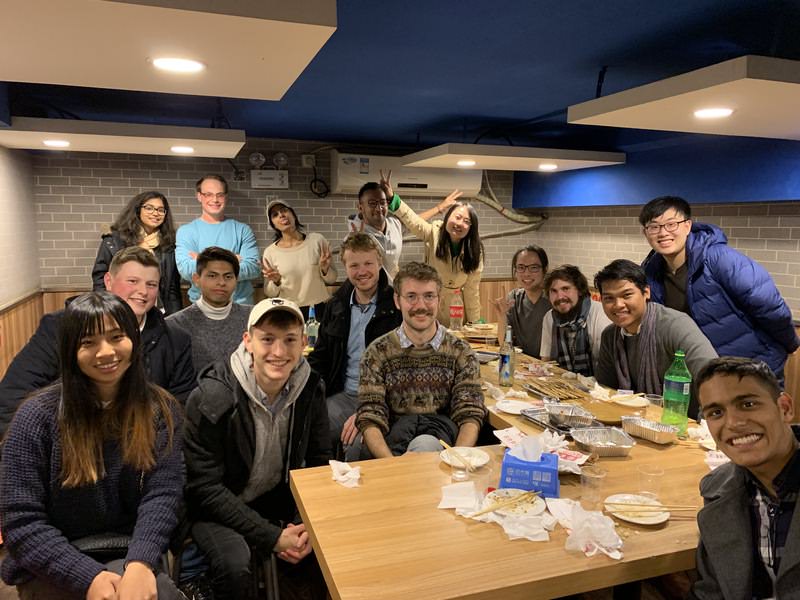Teaching

Computers are just so useful in all domains of human endeavour, and giving people the skills to do interesting things with them is really important work. I really enjoy it, too :)
I currently teach the following courses:
-
COMP2710/6470: Laptop Ensemble in Semester 1 (Feb–Jun) is a course open to students in computer science, music, art, and elsewhere at ANU (the course is co-taught with MUSI2205 in the ANU School of Music). In this course students learn fundamental skills of music computing, including digital synthesis, algorithmic composition, and musical interface design, putting these skills to use creating a computer musical instrument, composition, or interactive media work to present in concert at the end of the course.
-
EXTN1019: ANU Extension Creative Computing in Semester 1 (Feb–Jun) is a course where ACT Year 11 & 12 students learn the fundamentals of computer programming through the creative process of making music and visual art. As well as creating and performing their own new works of code-based art & music, this course contributes towards the students’ ATAR and they receive credit towards an undergraduate computing degree if they choose to study at ANU. As the School of Computing’s first ever ANU Extension course, this program attracts fantastic students who might otherwise not study engineering or computer science (either at ANU or elsewhere) and helps them reimagine what it is to be a computer scientist or engineer in the 21st century.
Over the past few years, I’ve also taught
-
COMP2300/6300: Computer Organisation and Program Execution is ANU’s introductory computer architecture course, which I wrote and delivered from 2017–2018, and is now being delivered by Uwe Zimmer (don’t worry, it’s still the same discoboard-powered synthmaking extravaganza 😜). In this course students take a complex computer system (the STM32L476G discovery “disco” board) home from week 1. That might seem daunting—and it’s true that there’s more stuff on such a board than one can master in one semester—but students can still learn a lot about CPUs (and how programs are organised and executed) by the end of the course.
-
COMP1720/6720: Art & Interaction in New Media is a course about learning to tell stories through interactive code art. It’s not just an art course, and it’s not just a “coding” course: students engage with both of those domains at the same time, and (I hope) have a lot of fun in the process. No previous coding or artistic experience is required: COMP1720 teaches everything from the ground up.
-
The COMP2710 Internet of Things China Study Tour is an in-country intensive study course conducted in partnership with the Beijing Institute of Technology. In this course students learn about low-cost, network-connected embedded computing devices & their relationship to the broader computing landscape through building a prototype IoT artefact (and releasing the source code, parts list and build instructions on GitHub), while reflecting on the design, security, social and ethical challenges associated with the Internet of Things. The photo at the top of this page was taken with the students from the 2018 cohort of this course.
If you’re a student at the ANU, then I encourage you to take one (or more!) of these courses—I think they’re pretty great :)
I also give regular guest lectures & run workshops on various topics in my areas of expertise. If you’re interested in hiring me as a speaker, get in touch.